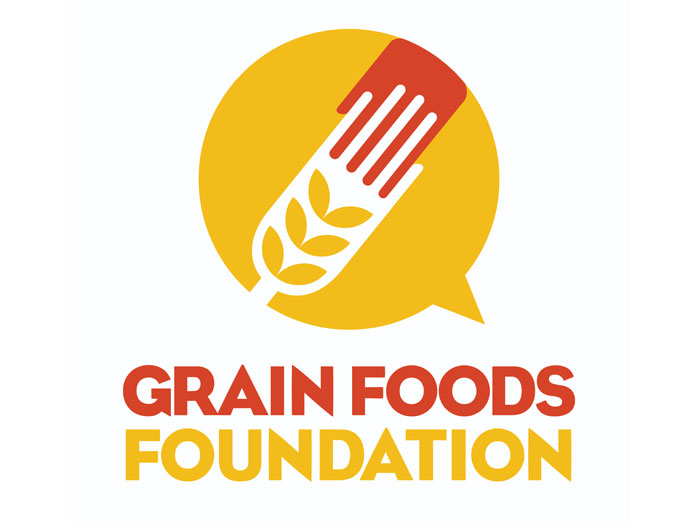Reduced Refined Grain Consumption Can Contribute to a Lack of Nutrients for Americans
September 30, 2021 | 3 min to read

WASHINGTON — A study recently published in Frontiers in Nutrition, a peer-reviewed medical journal of nutritional science, has found that removing a specific percentage of enriched refined grain foods from the average American diet can result in the failure to meet the recommended amount of several important nutrients; including dietary fiber, iron, and magnesium.
Titled “The Role of Fortified and Enriched Refined Grains in the US Dietary Pattern: A NHANES 2009–2016 Modeling Analysis to Examine Nutrient Adequacy,” the study looked at data from the National Health and Nutrition Examination Survey to estimate the average daily intake of important nutrients for two groups of adult Americans, one between 19-50 years old and the other between 51-99 years old. Not only did the study find that the removal of refined grains reduced nutrient levels in both age groups by a significant amount, but it also found that this led to a reduced energy intake by ∼10% in both age groups. These effects combined reveal the nutritional impact from removing refined grains from the diet.
The study was conducted with the knowledge that the participants were lacking essential nutrients from their daily diets beforehand. While this did not affect the study’s outcome, it further highlighted the importance of consuming refined grains (bread, ready-to-eat cereals, and all-grained foods) in order to compensate for the lack of nutrition occurring elsewhere.
“Whenever you remove entire food groups or a majority of foods from select food groups, you will have nutrient shortfalls and likely will not have the kind of energy needed to sustain your daily activities, and grains are no exception,” said Stacey Krawczyk, principal consulting registered dietitian for the Grain Foods Foundation and president of FoodWell Strategies, when asked about the new study. She continued, “There are not many peer-reviewed studies out there that examine the nutrient contributions of staple refined, enriched, and fortified grains in the American diet, so the hope is that this data will provide people with the understanding they need to help recover potential nutrient shortfalls in their diet.”
The new published study in Frontiers in Nutrition can be found here.
The Grain Foods Foundation provided funding support for this research. For more information about the research findings, and to learn more about grain foods’ role in a healthful diet, please visit www.GrainFoodsFoundation.org.
About Grain Foods Foundation
Formed in 2004, Grain Foods Foundation (GFF) is a group of thought leaders and advocates for all grain foods and believes everybody needs grain food to enjoy a happy and healthy life. Committed to nutrition education programming that is firmly rooted in science, GFF is a strong advocate for our members and a resource for consumers and the media who want to learn more about the role of grains in a well-balanced eating pattern. GFF offers research-based information and resources to members, partners, influencers, policymakers and consumers through a comprehensive communications campaign, conferences, webinars, research tools, social media and more. GFF is committed to bringing fact-based information and common sense to the consumer. For more information, visit www.GrainFoodsFoundation.org.
